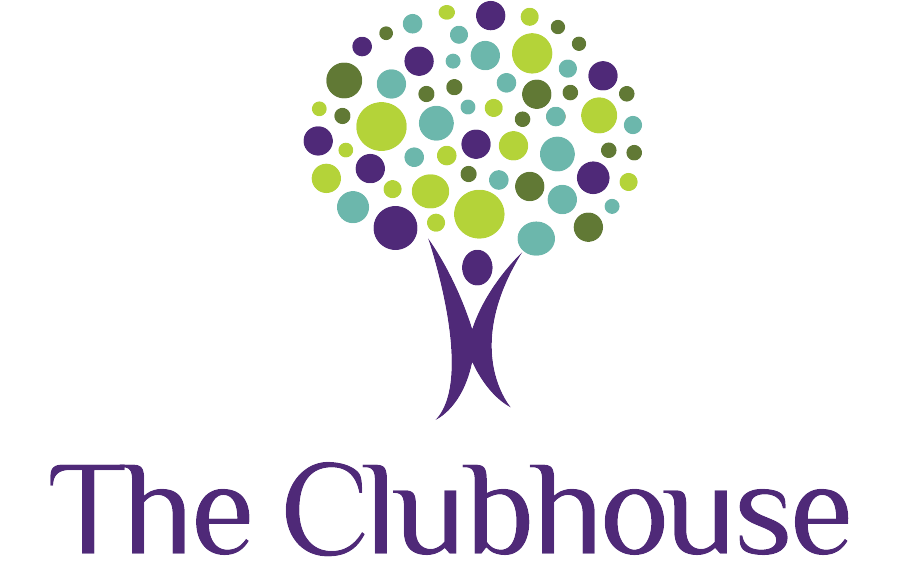4 Easy Ways to Boost Your Child’s Vocabulary this Summer
Summer is finally here! Whether your kid’s summer plans involve camp, sports, travel, sleeping in, or all of the above, it never hurts to squeeze in some vocabulary practice to keep their word skills growing. Many of the ideas below are quick and easy enough to be used while driving or during snack time.
1. Have a “word of the week” written on a dry-erase board on the fridge or in a high-traffic area of your home, and see how often family members can use the word with each other. This can be a fun way to connect the word to everyday experiences.
2. Preview specific vocabulary related to a given activity or destination with your child. For instance, a trip to the aquarium could include sea animal vocabulary, verbs like “glide, dive, migrate,” and multiple-meaning words such as “tank, seal, spray,” etc. Cognitive psychologists call this strategy “priming,” and it helps the brain recall and learn new words more easily.
3. Play “word detectives” when reading with your child. First, make a list of a few words occurring in a book that might be new or unfamiliar to him. Before you start reading a book together, show and read him the list (with the words listed in the order they appear in the book). If any of the words sound familiar to him, you can discuss what he thinks it means. Then while you read, your child can listen/watch for the word in context. He can check it off the list, shine a flashlight on the word when it appears on the page or blow a whistle when he hears it, place a Post-it flag on the page, or use a magnifying glass to make it more fun. You can then discuss the words again at the end of the story and see if you “solved the mystery” of the words’ meanings together.
4. Help kids apply their new vocabulary words to real life! I like to ask my students questions to indicate their understanding of the word. For instance, if we’re working on a word like “effect,” I might ask “what would be the effect of forgetting your umbrella on a rainy day?” or “what effect happens right after you hear a funny joke?” Questions can be answered verbally or by drawing pictures.
Your kids may not even realize they’re learning and practicing new vocabulary, but activities like these can help build their mental dictionary as they enjoy the summer months!


